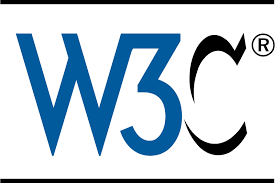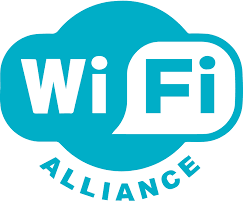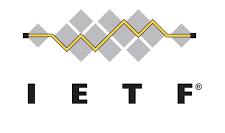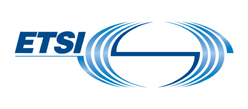
Abstract
The mission of the Internationalization Working Group is to enable universal access to the World Wide Web by proposing and coordinating the adoption by the W3C of techniques, conventions, technologies, and designs that enable and enhance the use of W3C technology and the Web worldwide, with and between various different languages, scripts, regions, and cultures.
- Technical issues related to internationalization and universal access across the globe. The Working Group provides advice and assistance related to internationalization, encompassing work related to international, linguistic, cultural, and writing system variations affecting W3C technologies. This advice should be provided to W3C Working Groups as early as possible in the development of specifications. The Working Group also tracks developments outside the W3C which have a bearing on the international Web, such as Unicode, IDN/ICANN issues, language tag and IRI developments at the IETF, JavaScript, etc.
- Reviews and discussion of W3C technologies for internationalization issues, as these technologies develop. This encompasses a broad array of cultural, linguistic, technical and accessibility concerns. Review work may also include standards created by external standards bodies and organizations related to internationalization, if it is thought to be relevant to W3C technology. The Working Group maintains liaison relationships with these groups to ensure coordinated, consistent development of these standards.
- Gathering requirements for linguistic support. The Working Group supports groups documenting typographic and other requirements for scripts and languages around the world, with a view to informing specification developers and browser/ebook implementers about what needs to be supported.
- Outreach and inreach, in the forms of notes, articles, tutorials, presentations, tests and other resources to help specification writers, web masters, content authors, and others involved in developing and implementing the Web understand the issues involved and the techniques available with regard to supporting international use of Web technology.
- Implementation support and guidance. The WG produces tests for international features of the Web Platform, and provides advice and support to browser/ebook implementers to assist in the adoption of those features.
The formal documents produced by the Working Group are guidelines, best practices, requirements, and the like. These are best published as Working Group Notes. The Working Group will not produce Rec-track specifications, with the exception of maintaining the following W3C Recommendations:
Internationalization Tag Set (ITS) Version 1.0 and Version 2.0
- These specifications define data categories and their implementation as a set of elements and attributes. ITS 2 adds additional concepts that are designed to foster the automated creation and processing of multilingual Web content.
Character Model for the World Wide Web 1.0: Fundamentals
- It provides authors of specifications, software developers, and content developers with a common reference for interoperable text manipulation on the World Wide Web
- "Ruby" are short runs of text alongside the base text, typically used in East Asian documents to indicate pronunciation or to provide a short annotation. This specification defines markup for ruby.
General Information
ICT rolling plan topic: Information coding
SDO: W3C





